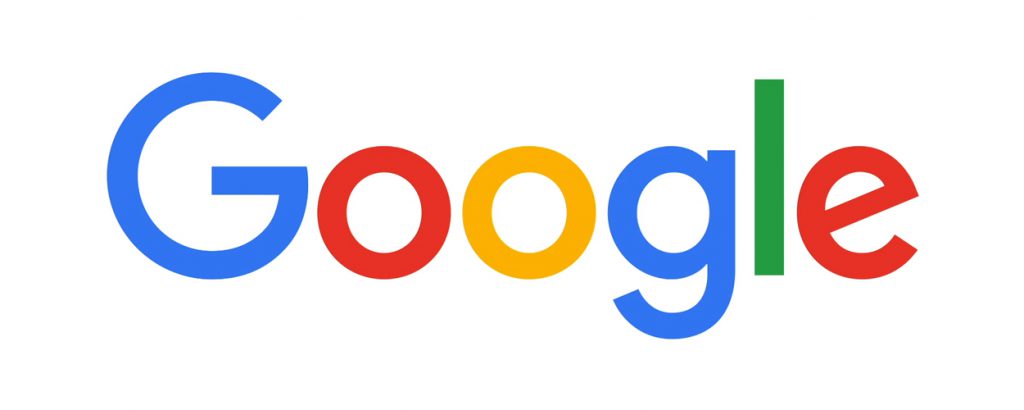This website uses cookies so that we can provide you with the best user experience possible. Cookie information is stored in your browser and performs functions such as recognising you when you return to our website and helping our team to understand which sections of the website you find most interesting and useful.
Business News Live Business
Role of search engines in facilitating ticket touting back in the spotlight
By Chris Cooke | Published on Friday 2 June 2023

A panel at the Primavera Pro conference in Barcelona yesterday put the spotlight on the role search engines play in facilitating ticket touting.
Campaigners called on those search engines – mainly Google, of course – to do more to stop consumers accidentally buying tickets for shows from unofficial resellers at a marked up price.
The role of Google in the secondary ticketing market has been discussed before, of course. Ticket resale sites have a long history of buying their way to the top of search results when people type an artist’s name and the word “tickets” or “concerts” into the Google search engine.
Because consumers don’t necessarily understand that what appears at the top of a Google search result list is basically advertising, some will assume that the resale site at the top of the list is the official seller of the tickets they are seeking. When, of course, the opposite is true, with the official primary ticket seller usually slightly lower down the list.
Google does have some rules that seek to stop its advertisers from actively deceiving customers and that did result in a brief ban back in 2019 for the most infamous of all the ticket resale sites, good old Viagogo.
And when Google added some extra requirements in 2018 for secondary ticketing websites that were buying their way to the top of its search results, it did result in those sites altering some of the more confusing language they had previously employed.
However, anti-touting campaigners reckon much more can be done and that Google allowing the Viagogos of this world to buy top search rankings is still confusing consumers into buying tickets from touts instead of primary sellers.
The pan-European anti-touting campaign FEAT – whose representatives took part in yesterdays Primavera Pro session – report that “the panel discussed how the advertising policies of Google and other search engines don’t permit advertising that deceives users, either by excluding relevant information or providing misleading information”.
However, panelists “suggested Google did not appear to be adequately enforcing this policy” in a way that benefits the touts, or ‘scalpers’ if you prefer.
The panel also “pointed out that, during Google’s brief ban on advertising from Viagogo in 2019, global traffic to the site fell by two thirds, illustrating the extent of the search engine’s role in attracting fans to unauthorised resale platforms”.
Commenting on the need for search engines to be more proactive to protect ticket buyers, FEAT Director Neo Sala – also Founder and CEO of Doctor Music – said: “We see a close parallel between the situation now with the live events industry to that in the noughties with the record business. I think we all remember when you’d Google a song name and ‘MP3’ and you’d be met with piracy links as the first, second, third results”.
“Today, try Googling ‘Harry Styles tickets'”, he goes on, “and you’ll see a link to unauthorised, overpriced tickets right at the top. The live industry needs to ask Google to take the same sensible steps as they did with the record industry and start guiding fans to trusted, official sources”.
Fellow FEAT Director Sam Shemtob added: “Across Europe, countries including Belgium, France, Ireland and others have outlawed unauthorised ticket resale. The European Court Of Justice, meanwhile, has ruled that event tickets are a contract for services, subject to terms and conditions of the event promoter; and the incoming Digital Services Act promises to tighten consumer protections in e-commerce further”.
“In this environment of strengthening legislation”, he goes on, “search engines ought to start asking what kind of companies they are. Do they want to enable the activities of ticket scalpers, and support the anti-consumer and anti-artist practices of unauthorised resale platforms? Or, do they want to stand up for their users and guide them toward legitimate tickets for the events they want to attend? We hope companies like Google will choose the latter option”.





